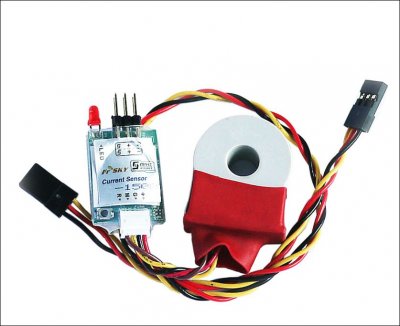- Joined
- Nov 6, 2007
- Messages
- 14,380
- Location
- North Oxfordshire
- Car
- His - Denim Blue A220 AMG Line Premium / Hers - Obsidian Black R172 SLK55
Nope, me neitherI had to buy a 'Robertson' Screwdriver to gain access. I had never heard of one before!
Follow along with the video below to see how to install our site as a web app on your home screen.
Note: This feature may not be available in some browsers.
Nope, me neitherI had to buy a 'Robertson' Screwdriver to gain access. I had never heard of one before!
New to me also! at 62 I thought I had all bases covered after my apprenticeship when it comes to screwdrivers however I now have a gap and hence the family will be happy that they can buy me something desirable for my birthday that may come in handy in the next 40 yearsI consider myself reasonably technically literate in things automotive and electrical, but three seems to have been a gap in my education which came to light whilst working on a Canadian amplifier.
I had to buy a 'Robertson' Screwdriver to gain access. I had never heard of one before!
Is it just me? It seems very few escaped from North America
robertson-screwdriver-history
AVO model 8, no back light but could also double as an axel stand
Hi,
Being an Electrical Engineer and having a potential current drain on my CLS55, I decided to buy a clamp meter with a DC range that could measure DC mA, so I could monitor/check for parasitic drains so I bought myself a UNI-T UT210E,
https://www.amazon.co.uk/dp/B00O1Q2HOQ/?tag=amazon0e9db-21
Really impressed with the quality and it has all the functionality of a multi-meter. I also have one of their cheap multi-meters which I am also suitably impressed with though unlike the clamp meter it didn't come with a case.
Hi,
Being an Electrical Engineer and having a potential current drain on my CLS55, I decided to buy a clamp meter with a DC range that could measure DC mA, so I could monitor/check for parasitic drains so I bought myself a UNI-T UT210E,
https://www.amazon.co.uk/dp/B00O1Q2HOQ/?tag=amazon0e9db-21
Really impressed with the quality and it has all the functionality of a multi-meter. I also have one of their cheap multi-meters which I am also suitably impressed with though unlike the clamp meter it didn't come with a case.
Hi,
Being an Electrical Engineer and having a potential current drain on my CLS55, I decided to buy a clamp meter with a DC range that could measure DC mA, so I could monitor/check for parasitic drains so I bought myself a UNI-T UT210E,
https://www.amazon.co.uk/dp/B00O1Q2HOQ/?tag=amazon0e9db-21
Really impressed with the quality and it has all the functionality of a multi-meter. I also have one of their cheap multi-meters which I am also suitably impressed with though unlike the clamp meter it didn't come with a case.
Funnily enough the multimeter I have is a UNI-T UT50A (probably superseded by now?). It's well-made, perfect for my automotive and r/c modelling use and wasn't particularly expensive (came from Maplin). Important features for me:
20A DC range
Audio tone for continuity
Backlight
Sensible battery (9V PP3)
I have a separate 200A DC clamp ammeter.
Do you find the sensitivity of the DC clamp to be a bit suspect at low currents?


Do you find the sensitivity of the DC clamp to be a bit suspect at low currents?
I've also found mine will read differently depending which way round it's clamped.
Different to yours but a handy piece of kit though.
BTB, I am intrigued regarding you're telemetry sensor.
How would this work?
Would their be a way of permanently wiring one of these units into a car to monitor the battery discharge? does it support data logging?
Any views on this multimeter? https://www.screwfix.com/p/lap-elec...ck/95426#product_additional_details_container
Audible continuity test (where you get a tone if there's an electrical connection between the points where the two probes are) is very useful for general fault-finding ... hard to be sure, but doesn't look like that meter has this function.
The value of the beep is its an audible warning meaning you can visually concentrate on getting the meter leads / probes in the correct position if checking continuity on a circuit board for example. As you say a low range ohms scale setting will do it but you might be surprised how useful the beep can be??Hi, But could one use a resistance test at asy 200 Ohms and get the same functionality (just without the beep)?
We use essential cookies to make this site work, and optional cookies to enhance your experience.
